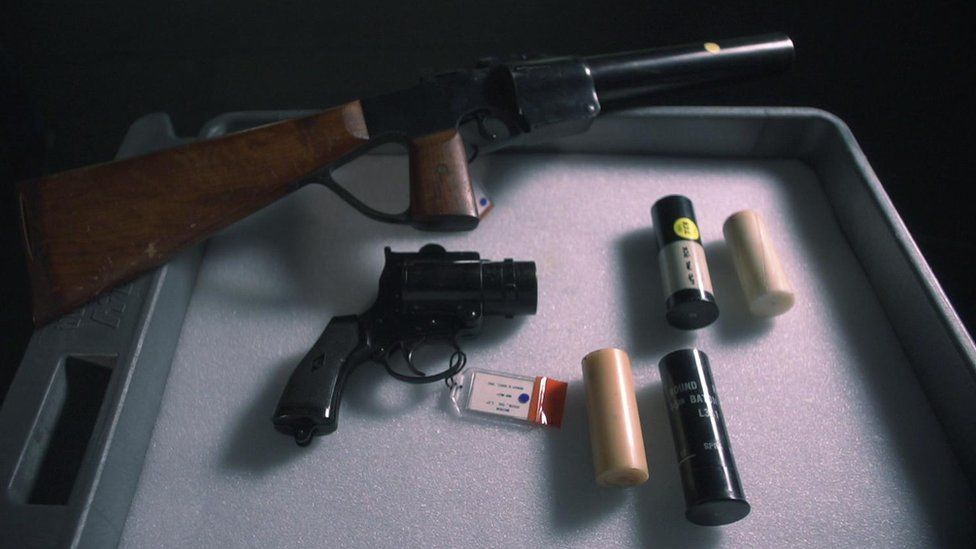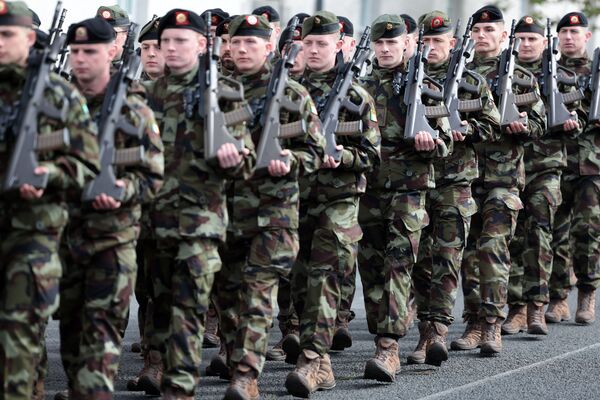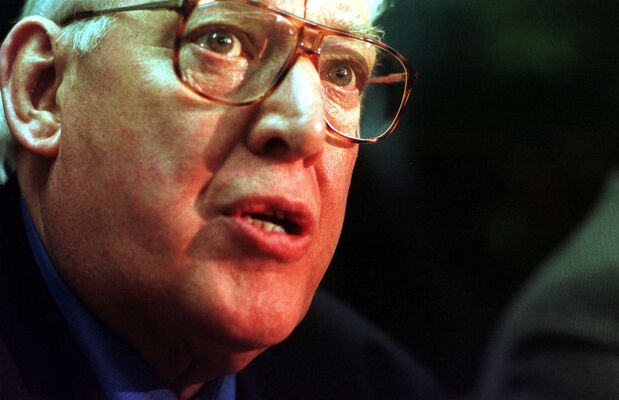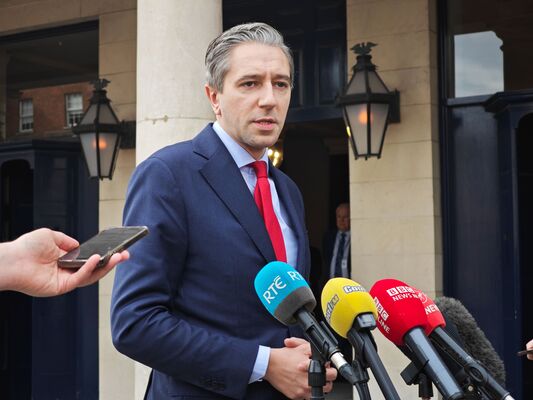SO – how was the reporting of the Troubles for you? You may not have been born then, but I’m sure you’ve heard your parents or grandparents discuss the matter.
Can you recall them saying things like “Well, thanks be to God we had the BBC and the truth about ‘security forces’ killings was always reported in full. It didn’t bring back the people who were killed by the British Army or the RUC or the UDR, but at least there was no cover-up.”?
Me, I’ve never come across a single nationalist or republican who would have said anything of the sort, mainly because most nationalists and republicans aren’t insane. Last week the BBC did a programme titled ‘Lethal: The Secret History of Plastic Bullets’. The BBC website introduced the programme with the claim that in 1970 the British Army came up with a new weapon especially made for our stateen: ‘One intended to save lives and keep peace.'
Boy, they certainly kept that intention secret. I’d always assumed the rubber/plastic bullet was devised to inflict damage, sometimes death, on anyone opposed to the presence and actions of the British ‘security forces'.
The BBC website goes on to say that it has investigated if the government knew how lethal this weapon was.
Read that last sentence again,would you? The investigation was to find out if the British Government knew rubber/plastic bullets could be lethal. I have a fiver says the British Government knew exactly what the weapon was for and what it could do. And even if they hadn’t, would they not have copped on as the number of people being killed by them continued to mount?
The programme – maybe you saw it – listed many of the children killed by this life-saver. In 1975, 13-year-old Brian Stuart was killed in Turf Lodge. In May 1981, 14-year-old Julie Livingstone was killed while on an errand to a local shop. Nora McCabe, a 33-year-old mother, was out buying milk at 7.30 in the morning when she was killed. In all, over the years at least sixteen innocent people were killed in this way.
On the programme Colonel Richard Kemp, a former British officer, explained that some soldiers involved at the time were frightened, some were even bad soldiers. But he doesn’t agree with those who’d condemn the use of plastic bullets: "The plastic bullet was a life-saver, not just a life-saver for the soldiers whose lives were at risk, but also a life-saver for people involved in the riots."
Another former British officer, or maybe the same one, expressed regret and sympathy that any child had died when struck by this ghastly weapon, but added: “I must ask, what was a child doing out in such a situation?” It’s an old trick but it sometimes works. It’s called Blame-the-Victim.
Contrast this with the attitude of victims to those who fired the plastic bullets.Ten-year-old Derry schoolboy Richard Moore was blinded by a plastic bullet. Decades later Moore met the soldier who shot him and apparently the soldier said “Sorry." “I didn’t need it,” Richard Moore said. “I didn’t ask [him] for it, but when it came it was really really nice. It really was.”
The Troubles included some cruel and filthy incidents – we all know that. And it can be beneficial to uncover truths that were hidden and information that was withheld. But it’s well beyond time that the BBC and everyone else dropped the absurd pretence that the British Government didn’t know what their ‘security forces’ were doing. Decades of lies and cover-up require a huge amount of care and energy. You don’t go to all that bother except you’re well-informed about the crimes you’re busily covering up.








